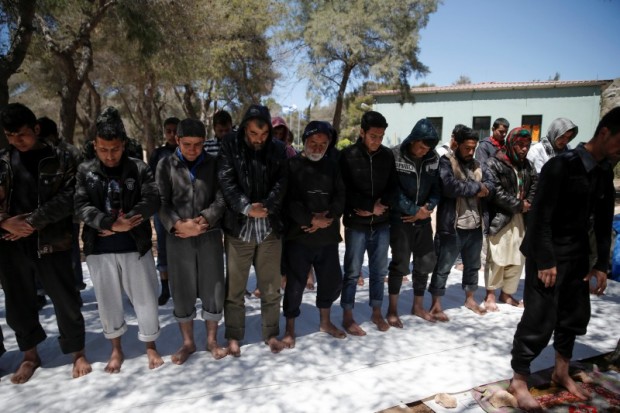The White House announced last week that it is launching a “Call to Action” asking private businesses to help with the resettlement of refugees. This could be done without regard to the government cap of 85,000 total refugees, including 10,000 Syrian refugees, in 2016.
Fifteen founding corporations have teamed up with the Obama administration on the effort. These are: Accenture, Airbnb, Chobani, Coursera, Goldman Sachs, Google, HP, IBM, JPMorgan Chase & Co., LinkedIn, Microsoft, Mastercard, UPS, TripAdvisor, and Western Union. The Call to Action initiative is not only to help refugees in the United States, but all over the world.
In Europe for example, Mastercard “worked with Mercy Corps to distribute prepaid debit cards to eligible refugees traveling through Serbia. Approximately $75,000 was distributed to nearly 400 families and individuals.” The three main facets of this private partnership program are: “education,” “employment,” and “enablement.” Education includes “facilitating refugee children and young adults’ education by ensuring that refugee students can access schools of all levels.” The employment facet includes “increasing employment opportunities for refugees.”
Through those two parts of the initiative refugees can be settled in the United States without limit as they wouldn’t fall under the purview of the government cap on refugee resettlement. Through work and education visas refugees would not actually be considered as refugees for their immigration status. One of the companies already partnered with the Obama administration, Chobani, currently has a work force in the United States that is roughly 30 percent resettled refugees. A White House fact sheet states 66 percent of refugees are of working age.

Police organize a line of refugees on a stairway leading up to trains arriving from Denmark at the Hyllie train station outside Malmo, Sweden, November 19, 2015. REUTERS/Johan Nilsson/TT News Agency

Men pray among trees at a camp for refugees and migrants in Schisto, near Athens, Greece, April 26, 2016. REUTERS/Alkis Konstantinidis
Outside of employment and education, under the “enablement” part of the initiative, the White House mentions that companies can help refugees get access to financial services, technology, housing and transport. This also includes “covering costs of charter flight to bring resettled refugees to the United States (or to another country of resettlement).”


